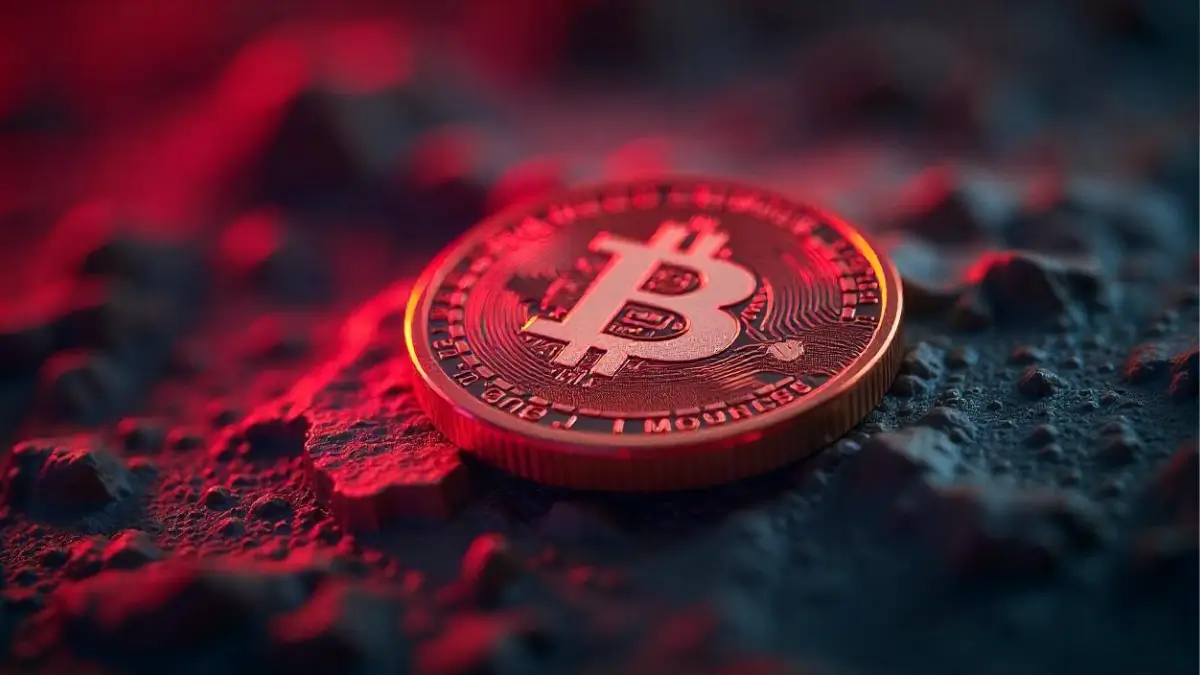Ripple Identified as Biggest Obstacle to Bitcoin-Only Strategic Reserve
25.01.2025 12:00 2 min. read Alexander Stefanov
A new debate has emerged in the crypto world following U.S. President Donald Trump’s recent executive order, which addresses the creation of a "digital asset strategic reserve."
Although the order doesn’t directly mention Bitcoin, it underscores the U.S.’s intention to bolster its dominance in digital finance while also ruling out Central Bank Digital Currencies (CBDCs). The proposed reserve has sparked controversy, particularly due to claims that Ripple and its native token, XRP, are actively lobbying against it.
Pierre Rochard, VP of Research at Riot Platforms, has publicly accused Ripple of working against a Bitcoin-centric reserve, suggesting that Ripple prefers a more diversified reserve that could include XRP and other tokens. He further criticized the company’s past lobbying efforts, particularly targeting Bitcoin mining and environmental concerns, which have raised questions about Ripple’s strategy in Washington.
Ripple CEO Brad Garlinghouse, however, defended the company, arguing that their efforts align with U.S. interests in promoting innovation. He dismissed claims of opposing a Bitcoin reserve, suggesting that their stance actually helps strengthen the idea of a crypto reserve that could also include Bitcoin.
The conflict intensified when Rochard questioned Garlinghouse’s personal involvement with XRP, hinting at a potential conflict of interest. Rochard also pointed out Ripple’s broader efforts to shift the narrative away from Bitcoin, promoting a diversified crypto reserve instead. This approach, according to Rochard, diverts attention from the core goal of maintaining Bitcoin as the primary asset in a strategic reserve.
Ripple’s critics, including Ryan Selkis from Messari, have voiced similar concerns, arguing that the push for XRP’s inclusion is misguided. They maintain that Bitcoin’s unique role in the market makes it the only logical choice for such a reserve, further emphasizing the ongoing tension between Ripple and Bitcoin advocates.
As discussions continue, the fate of the U.S. digital asset reserve and Ripple’s role in it remain uncertain. The outcome will likely shape the future regulatory landscape, with implications for both Bitcoin’s position in the financial system and Ripple’s broader strategy in the crypto ecosystem.
-
1
Bitcoin’s Price Closely Mirrors ETF Inflows, Not Corporate Buys
26.06.2025 11:00 2 min. read -
2
Crypto Company Abandons Bitcoin Mining to Focus Entirely on Ethereum Staking
26.06.2025 20:00 1 min. read -
3
Bitcoin Hits New All-Time High Above $112,000 as Short Squeeze and Tariffs Fuel Rally
10.07.2025 0:35 2 min. read -
4
Strategy Boosts Bitcoin Holdings to 597,325 BTC with Latest Purchase
30.06.2025 15:23 2 min. read -
5
Bitcoin ETF Inflows Hit $2.2B as Market Calms After Ceasefire
25.06.2025 17:00 1 min. read
Bitcoin Reaches $119,000 Milestone as Corporate Demand and ETF Inflows Rise
Bitcoin soared to a new all-time high above $119,000 on July 13, extending its bullish momentum on the back of institutional accumulation, shrinking exchange reserves, and technical breakout patterns.
Bitcoin Dominance Nears Key Resistance — Is Altseason Coming Next?
A major shift in the crypto cycle may be approaching as Bitcoin dominance (BTC.D) once again reaches critical long-term resistance.
Weekly Roundup: What Happened in Crypto Over the Past Week
From groundbreaking Ethereum developments to record-breaking DeFi activity and major protocol updates, the crypto industry saw a flurry of important announcements this past week.
Bitcoin Sparks Clash Between Mike Novogratz and Peter Schiff
Galaxy Digital CEO Mike Novogratz reignited a long-running feud with economist and gold advocate Peter Schiff after the latter criticized Биткойн yet again.
-
1
Bitcoin’s Price Closely Mirrors ETF Inflows, Not Corporate Buys
26.06.2025 11:00 2 min. read -
2
Crypto Company Abandons Bitcoin Mining to Focus Entirely on Ethereum Staking
26.06.2025 20:00 1 min. read -
3
Bitcoin Hits New All-Time High Above $112,000 as Short Squeeze and Tariffs Fuel Rally
10.07.2025 0:35 2 min. read -
4
Strategy Boosts Bitcoin Holdings to 597,325 BTC with Latest Purchase
30.06.2025 15:23 2 min. read -
5
Bitcoin ETF Inflows Hit $2.2B as Market Calms After Ceasefire
25.06.2025 17:00 1 min. read


